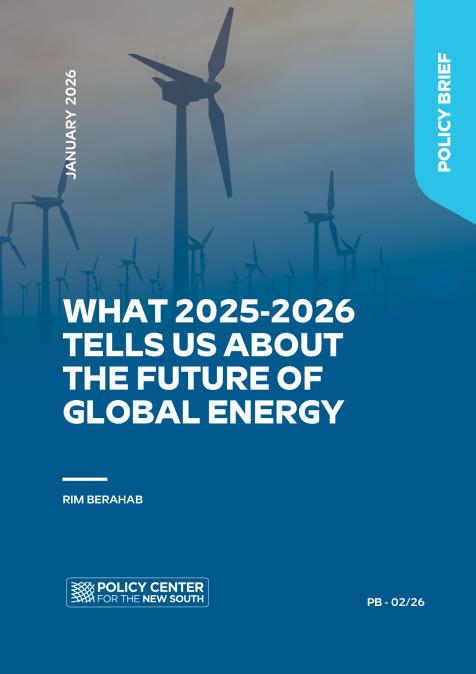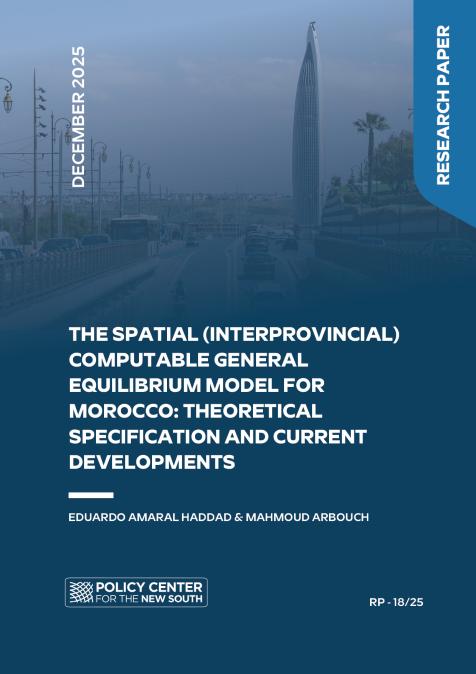February 16, 2026
In this episode, we ask: What does Kevin Warsh’s nomination mean at a time when U.S. monetary policy faces rising inflation, growing debt, and fragile global markets? Could his leadership signal a change in how politics and central bank independence interact? And how might the Fed’s cre...















